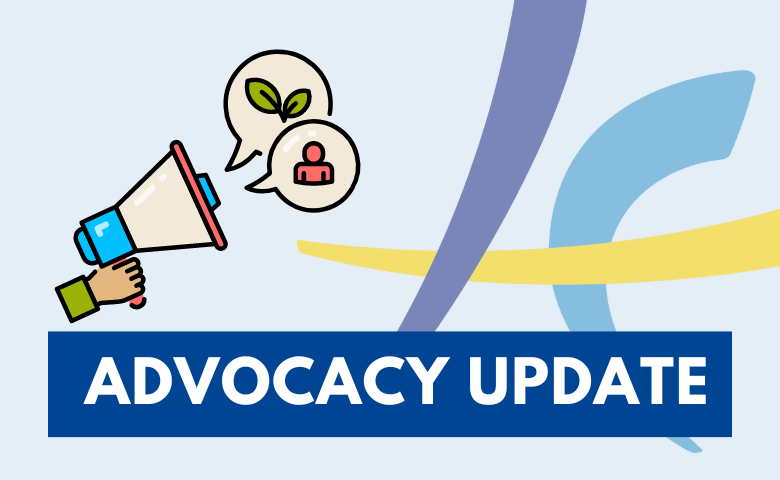Readers of the AEC newsletter might be inclined to think that in terms of advocacy, there would be absolutely nothing to report in this summer time. Unfortunately, there are some governments who try to take advantage of the predictably diminishing public awareness to push through policy decisions that are either unpopular or contentious.
Just when the holidays started, the Hungarian Ministry of Culture published the vacancy of the rector position at the Liszt Academy in Budapest from November on with a deadline to apply by 10 August. Apparently, that alone was not enough for the ministry to ensure that no unwanted candidates would apply. Hence, the application criteria were restricted in disregard of the applicable laws. The ministry, however, made a formal mistake, so the application deadline had to be postponed. But the ministry, referring to the allegedly poor performance of the institution, insisted that it should not be left to the Senate of the Academy to propose a candidate, as the law actually stipulates. To justify its decision, they referred to data from a ranking which they considered as evidence that the Liszt Academy was in decline. Together with representatives of the Liszt Academy, the AEC office had a closer look at this data and found out that the interpretation the Ministry put into this data does not stand up to objective examination.
Whatever the outcome of this affair will be, it is a further proof that the European values of the rule of law and the separation of powers no longer apply in Hungary. This time, however, it is about colleagues and friends with whom we are closely cooperating and who do their best to defend themselves against their own government’s disregard for the law.
Even more precarious seems the situation in some countries of the European higher education area that do not belong to the EU, such as Georgia. There, too, parts of the government are trying to massively limit the autonomy of one of the AEC member institutions, in this case by referring to pro-Russian narratives. One could almost have the impression that something like a new front in the Ukraine war is emerging here, a kind of cultural front on which no shot is fired, but which should nevertheless be taken seriously. An invitation that the AEC received just a few days ago shows how absurd the situation is: the government of the Russian Federation invites AEC to take part in a Cultural Forum in Saint Petersburg, which claims to be a “venue for discussions” with a main focus on global cultural processes in which “special attention is paid to a look into the future and the unique role of culture in resolving conflicts.”
The war has now lasted more than a year and a half, and there is no end in sight. It is all the more important that our solidarity with Ukraine and with our Ukrainian members and colleagues remains unbroken.
We should also not forget the special burden that some higher music education institutions in the immediate western neighborhood of Ukraine are exposed to. Be it by taking in and caring for an above-average number of refugees, or because they themselves are threatened by Russia. It is therefore a particular pleasure for us to report that we since very recently can count also the Academy of Music, Theater and Fine Arts in Chişinău, Moldova among the AEC members.






